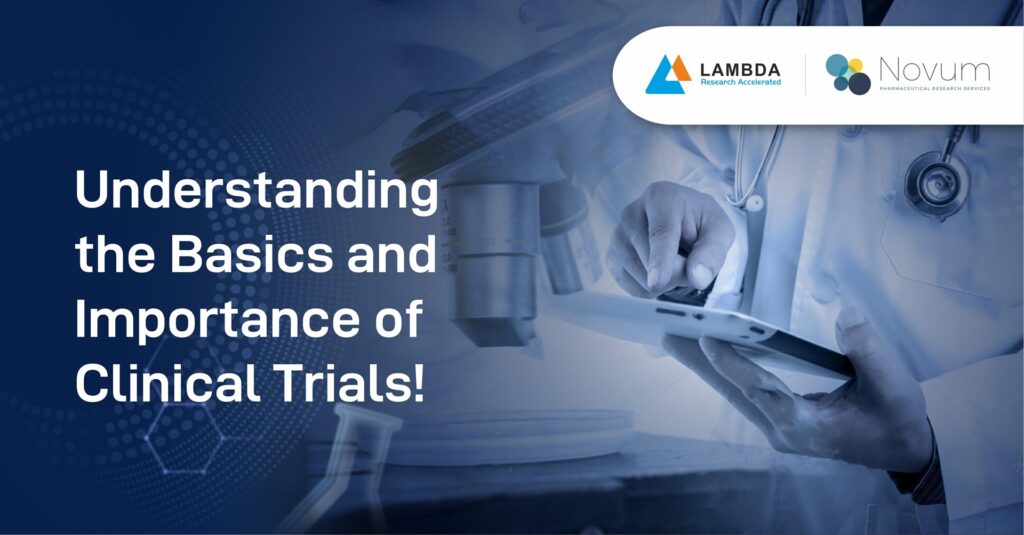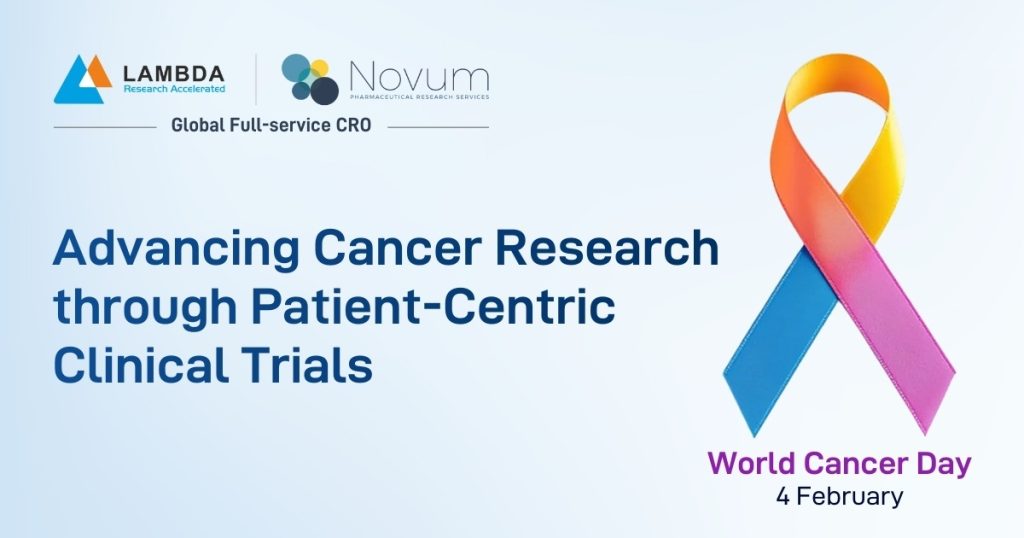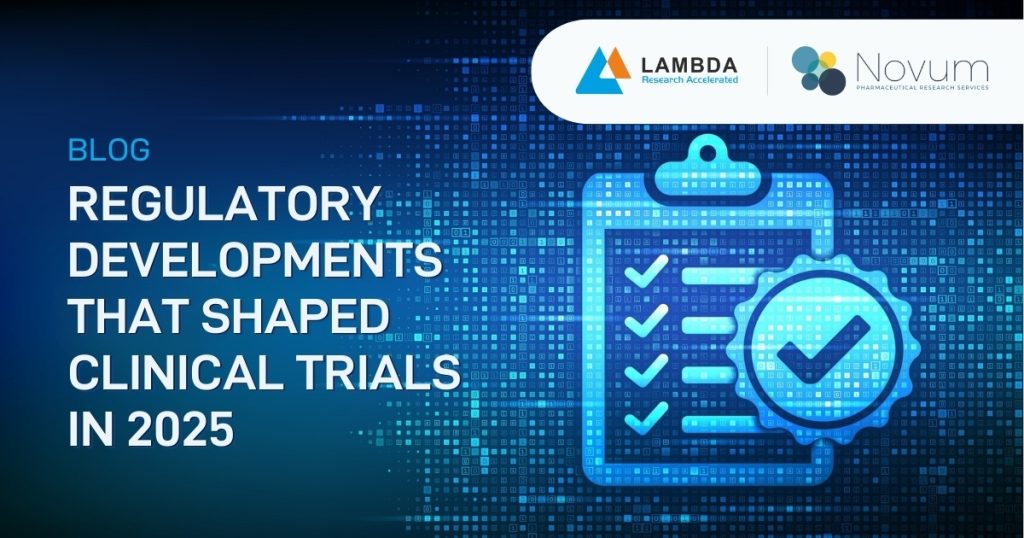Clinical trials are the cornerstone of modern medical research, providing a vital framework for testing new treatments and interventions. These studies address unanswered health questions and have a profound influence on clinical practice and public health policies. This article delves into the fundamental aspects of clinical trials, including their significance, processes, participant roles, and associated risks and benefits.
Defining Clinical Trials
Clinical trials are research studies designed to assess the effects and efficacy of medical interventions on human participants. These interventions may include new drugs, medical devices, therapies, or behavioral strategies intended to improve health outcomes.
The Purpose of Clinical Trials
The primary objective of clinical trials is to evaluate the safety and effectiveness of new treatments before they are approved for public use. By thoroughly investigating how a treatment works, researchers can weigh its benefits against potential risks, helping healthcare providers and patients make informed decisions.
Clinical trials also validate existing treatments and explore new applications, driving medical advancements. They contribute to scientific knowledge, shaping best practices and guidelines for future interventions. Consequently, clinical trials not only improve individual patient care but also have a broad impact on public health policies and healthcare systems.
Key Terms in Clinical Trials
Understanding clinical trials involves familiarizing oneself with key concepts:
- Randomization: Assigning participants to different treatment groups randomly to minimize bias.
- Control Group: A group of participants that does not receive the experimental intervention, serving as a benchmark for comparison.
- Informed Consent: A process where participants are educated about the trial and their rights before agreeing to participate.
These terms help participants comprehend their roles and navigate the trial process effectively. They empower participants as collaborators in research, leading to personalized treatment options and a better understanding of their health conditions. To learn more terms, please visit here.
The Importance of Clinical Trials
Clinical trials are indispensable for expanding medical knowledge and improving care standards.
Advancing Medical Knowledge
Clinical trials provide empirical evidence on treatment effectiveness, explore disease mechanisms, and test preventive measures. Findings are often published in peer-reviewed journals, advancing the medical field. Additionally, diverse participant populations ensure the applicability of results across various demographics, enabling personalized healthcare solutions.
Improving Patient Care
For patients with limited treatment options, clinical trials offer access to innovative therapies before general availability. Outcomes from these trials enhance clinical protocols, enabling healthcare professionals to deliver optimal care. Participants often benefit from emotional support and a sense of community, fostering active involvement in their health journey.
The Process of a Clinical Trial
Clinical trials follow a structured process to ensure accuracy and ethical participant treatment.
Preparing for a Clinical Trial
Preparation includes designing a study protocol, obtaining regulatory approvals, and recruiting investigators and sites. CROs like Lambda play a critical role in streamlining these processes, ensuring compliance, and expediting timelines. This phase also involves extensive staff training to uphold data integrity and participant confidentiality.
The Phases of a Clinical Trial
Clinical trials typically progress through four phases:
- Phase I: Testing safety and dosage in a small participant group.
- Phase II: Evaluating efficacy and safety in a larger group.
- Phase III: Confirming effectiveness and monitoring side effects in large-scale trials.
- Phase IV: Post-marketing surveillance to assess long-term effects.
Each phase ensures that only safe, effective treatments reach the market, benefiting both patients and healthcare systems.
The Role of Participants in Clinical Trials
Participants are integral to clinical trials, providing the data necessary to evaluate treatments.
Who Can Participate?
Eligibility criteria vary by trial and may include factors like age, health status, or disease type. Researchers prioritize diversity to ensure generalizable findings and address health disparities. Patients should discuss participation with their healthcare providers to make informed decisions.
Rights and Responsibilities of Participants
Participants are entitled to clear information, the freedom to withdraw at any time, and follow-up care in case of adverse events. They are responsible for providing accurate health information and adhering to trial protocols, contributing to the trial’s reliability and scientific value.
Risks and Benefits of Participating in Clinical Trials
While clinical trials have potential risks, such as side effects, they offer participants access to cutting-edge treatments and contribute to advancing medical science.
Conclusion
Clinical trials are essential for improving healthcare and advancing medical knowledge. The expertise of CROs like Lambda ensures efficient trial management, enabling the development of safe and effective therapies that benefit patients.
Lambda Therapeutic Research
Lambda Therapeutic Research stands at the forefront of the global Clinical Research Organization (CRO) landscape, headquartered in Ahmedabad, India, and extending its impact across Mehsana (India), Warsaw (Poland), London (UK), Barcelona (Spain), Toronto (Canada), Pittsburgh (USA), and Las Vegas (USA).
Our unwavering mission revolves around providing comprehensive end-to-end clinical research services to the global innovator, biotech, and generic pharmaceutical industries. Lambda has consistently raised the bar in the Clinical Research sector, achieving milestones through both organic growth and strategic acquisitions. In 2019, we strategically bolstered our North American presence by acquiring Novum Pharmaceutical Research Services, a distinguished 50-year-old CRO. Operating under the unified brand of Novum Pharmaceutical Research Services in North America, Lambda reinforces its position as a key player in the global CRO market.
Prioritizing secure IT infrastructure and automation, Lambda ensures timely project delivery, adhering to global regulatory standards. Our outstanding regulatory track record is underscored by over 60 successful international inspections and audits conducted by esteemed authorities, including the USFDA, EMEA, MHRA, EU member states, and other global bodies over the past five years.
Lambda’s dedication to excellence has garnered widespread recognition, with accolades such as the distinction of ‘Best Indian CRO’ by Frost & Sullivan (USA) and the prestigious title of ‘Great Indian Workplace’ by UBS Transformance. In the latest achievements, Lambda Therapeutic Research proudly received the ‘Regulatory Excellence’ Award at the CPhI Awards 2023 and the ‘Industry Partner of the Year’ Award at the Global Generics & Biosimilar Awards 2023. These honors reflect our ongoing commitment to regulatory compliance, industry leadership, and impactful collaborations within the pharmaceutical and clinical research sectors.
Learn more about why Lambda is trusted partner by biotech & pharma.
References:
- ClinicalTrials.gov Glossary of Common Site Terms: https://clinicaltrials.gov/ct2/about-studies/glossary
- World Health Organization (WHO) International Clinical Trials Registry Platform (ICTRP) Glossary: https://www.who.int/clinical-trials-registry-platform/glossary
- US Food and Drug Administration (FDA) Glossary of Terms: https://www.fda.gov/safety/reporting-serious-problems-fda/glossary-terms
- International Council for Harmonisation of Technical Requirements for Pharmaceuticals for Human Use (ICH) Glossary: https://www.ich.org/page/efficacy-guidelines#Glossary
- National Institutes of Health (NIH) Clinical Research Glossary: https://clinicalcenter.nih.gov/training/training/rntp/glossary.html
- European Medicines Agency (EMA) Glossary: https://www.ema.europa.eu/en/documents/other/european-medicines-agency-glossary-terms-used-european-medicines-agency_en.pdf
- European Medicines Agency (EMA): https://www.ema.europa.eu/en/human-regulatory-overview/biosimilar-medicines-overview




